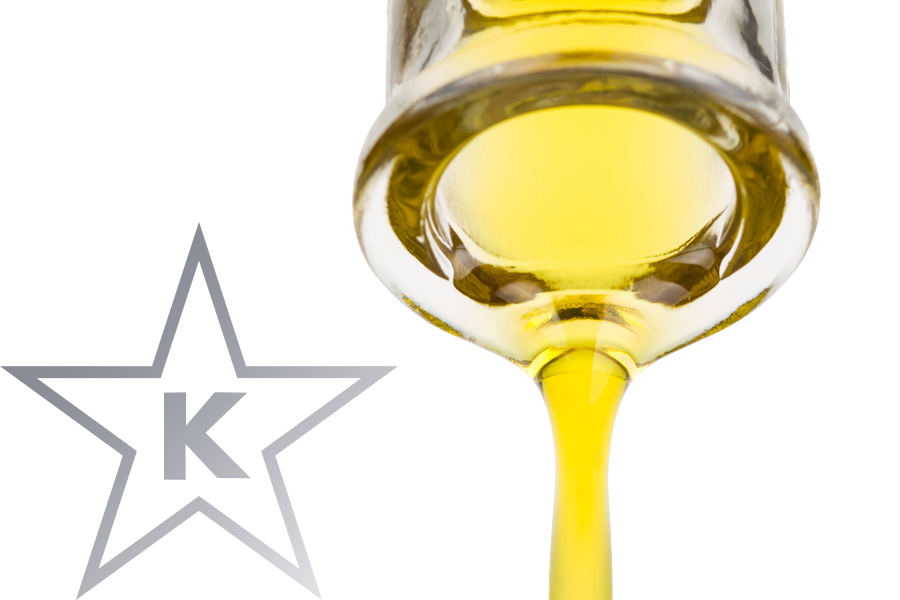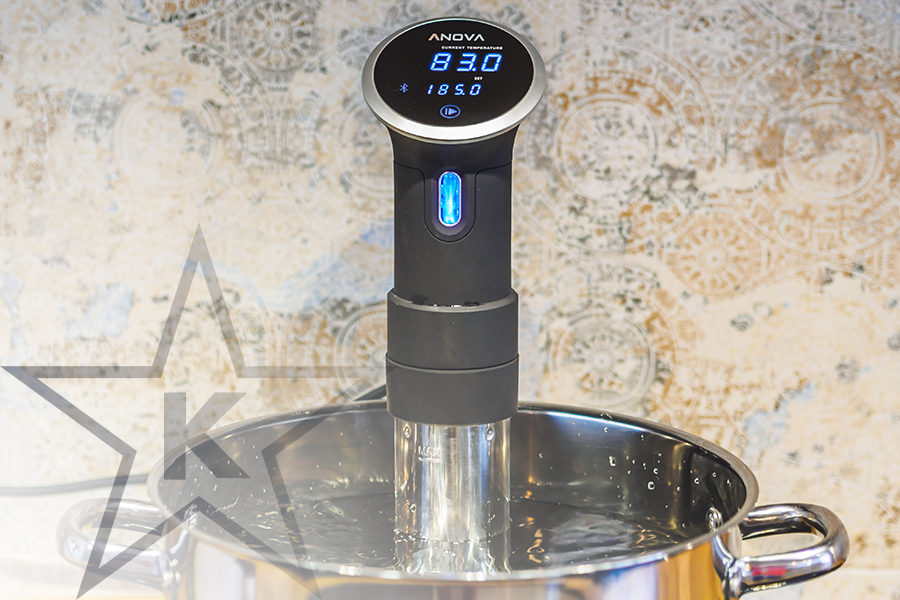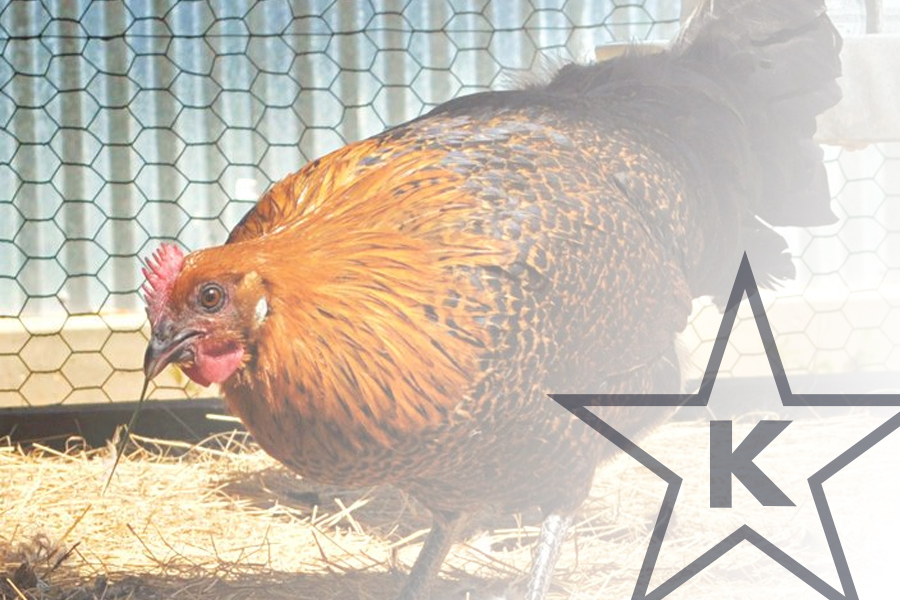Winter 2025
Mazel tov, you are the new parents of a baby boy! If the baby is the bechor of his mother – meaning that he is his mother’s first child – he will need to be redeemed by a kohen. The Torah tells us that Hashem slew every firstborn male in Mitzrayim, passing over the houses of the Bnei Yisrael. As a result, firstborn males acquired a measure of kedusha and must be redeemed by a kohen. The halachos of pidyon haben are somewhat complex and you may not have the time to familiarize yourself with them. Here, then, is a brief primer according to Ashkenazi custom.[1]
When Is a Pidyon Not Required?
If the baby is not his mother’s first child, even if he is his father’s first child
If the father is a kohen or levi, or if the mother is the daughter of a kohen or levi[...] Read More
















 STAR-D
STAR-D STAR-S
STAR-S